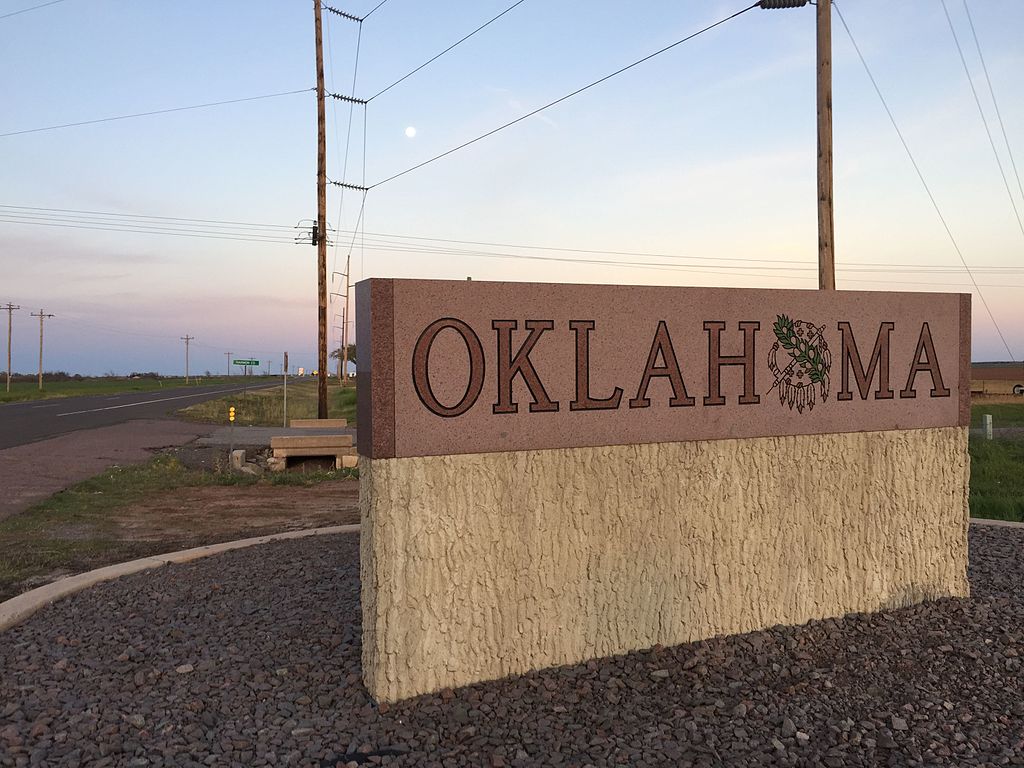Oklahoma State Question 802 was on the June primary ballot in Oklahoma where it was approved by a vote of 50.49% to 49.51%. The measure expanded Medicaid eligibility to adults between 18 and 65 whose income is 138% of the federal poverty level or below. Campaign finance reports were not due from the campaigns until after the election on July 31, 2020.
Campaign finance reports for the Oklahoma State Question 802 campaigns show aggregate totals through the life of the campaigns. The report filed by Yes on 802-Oklahomans Decide Healthcare covered information as far back as March 6, 2019. The Vote No on 802 Association‘s report covered information from June 8, 2020. Both reports covered through June 30, 2020.
The Yes on 802 campaign raised $5.5 million in cash and $295,000 in in-kind contributions. Of all the funds, 95% came from eight donors, which contributed the following amounts:
- Oklahoma Hospital Association: $2.5 million
- St. Francis Hospital: $940,000
- Tulsa Community Foundation: $923,000
- Stacy Schusterman, chair of Samson Energy Company: $500,000
- Ascension St John Foundation: $250,000
- The Fairness Project: $247,616.61 (in-kind)
- Chickasaw Nation: $100,000
- Oklahoma Medical Association: $25,000
The support campaign reported $5.47 million in cash expenditures. Sponsors of the measure hired Fieldworks LLC to collect signatures for the petition to qualify this measure for the ballot. A total of $1,836,261.73 was spent to collect the 177,958 valid signatures required to put this measure before voters, resulting in a total cost per required signature (CPRS) of $10.32.
The Vote No on 802 Association, chaired by John Tidwell, state director of Americans for Prosperity, reported $210,600 in cash contributions, $100,084 in in-kind contributions, and $114,950 in cash expenditures. Four donors contributed 100% of the funds:
- Americans for Prosperity: $200,000 cash and $99,850 in-kind
- Jim Antosh, owner of Round House Workwear LLC: $10,000
- Nobel Systems, Inc: $500
- John Tidwell: $100 in cash and $234.19 in-kind
Comparison to citizen initiatives of 2018:
Two citizen initiatives were on the 2018 ballot in Oklahoma. The CPRS for State Question 788, which was designed to legalize medical marijuana was $0.41. Sponsors spent $26,988 to collect the required 65,987 signatures. State Question 793, concerning optometrists and opticians operating in retail stores, used volunteers to collect the 123,725 valid signatures, resulting in a CPRS of $0. The number of signatures required to qualify initiatives for the ballot in Oklahoma is tied to the total votes cast for governor in the last gubernatorial election. The number of required signatures increased for initiated constitutional amendments and state statutes in 2020 after the gubernatorial election in 2018.
In 2018, supporters of State Question 788 raised $280,117, and opponents raised $1.26 million. It was approved. Supporters of State Question 793 raised $4.6 million, and opponents raised $3 million.
As of August 3, 2020, 110 statewide ballot measures had been certified for the 2020 ballot in 33 states. Committees registered to support or oppose these statewide measures have reported a combined total of $335.7 million in contributions and $144.2 million in expenditures so far. Of the total contributions in support of or opposition to the 110 statewide measures certified, the 32 citizen-initiated measures featured about 73% of contributions. In 2018, the 68 citizen-initiated measures featured about 83% of the $1.19 billion in campaign contributions for the 167 statewide measures.
Additional reading:


